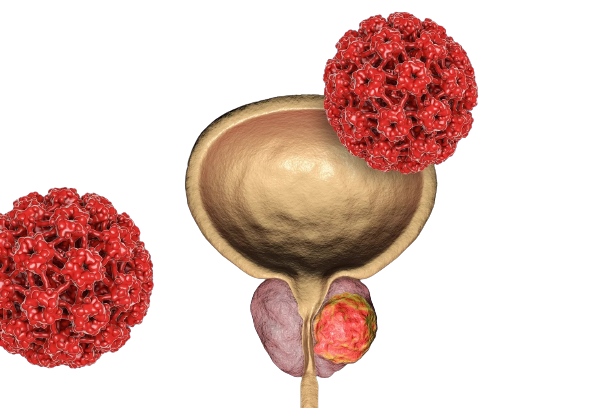Prostate cancer (PRC) is the fourth most commonly diagnosed cancer globally with approximately 1.4 million diagnoses in 2022. It is expected that 363,000 new PRC diagnoses will be made in the European community in 2025, with a number of deaths estimated at about 78,000. After surgical removal of the prostate, approximately 15% of patients undergoing surgery are classified as being at high risk of recurrence and require close monitoring to detect recurrence of the disease and make appropriate treatment decisions. However, the rate at which the cancer comes back varies greatly from patient to patient.
The research of the Institute of Informatics and Telematics (Cnr-Iit) of the National Research Council of Pisa used a list of marker genes by developing a computational method of machine learning to analyze them, capable of predicting with high precision the year of onset of the recurrence after removal of tumor tissue. The study was published in Scientific Reports, a journal of the Nature group. The measurements and analyzes – informs the Cnr – were carried out on a database of genetic sequences of biopsy examinations of a group of 1,240 patients, and thanks to the application of artificial intelligence they indicate a predictive capacity superior to that of the methods currently in use. use.
Personalized care
“The methodology adopted is an improvement and refinement compared to the results obtained in 2021 in predicting the five-year survival of breast cancer patients after surgical removal and the application of post-operative therapies”, explains Marco Pellegrini, manager of research by the Cnr-Iit. “In particular, predictions of prostate cancer recurrence use a broader spectrum of genetic markers by integrating them with clinical markers already in use to improve performance.” The study can provide an important contribution to clinical decisions on therapy for prostate cancer and the possibility of personalized care with a higher probability of survival. Within the “Tuscany Health Ecosystem” (The) project funded by Pnrr, the development of a diagnostic system for clinical use based on this research is expected over the next three years.
Follow ilfogliettone.it on facebook
© breaking latest news
